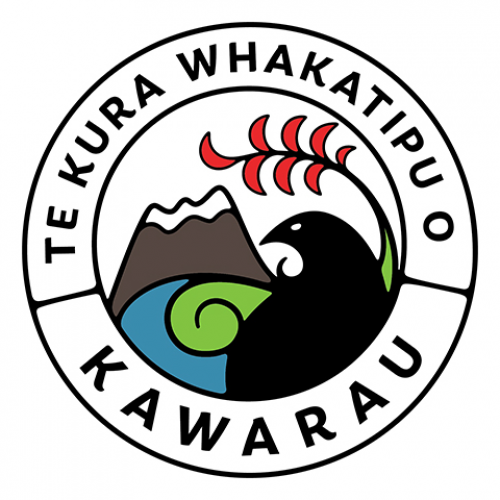
Health Curriculum
Community Consultation Survey
Kia ora everyone,
Health and Physical Education is a key part of the New Zealand Curriculum.
We encourage you to take part in this community consultation about how we deliver this curriculum by completeing this short survey. The survey will close on the 9th of September.
The Health and PE curriculum is organised into four strands:
- Personal health and physical development, in which students develop the knowledge, understandings, skills, and attitudes that they need in order to maintain and enhance their personal well-being and physical development
- Movement concepts and motor skills, in which students develop motor skills, knowledge and understandings about movement, and positive attitudes towards physical activity
- Relationships with other people, in which students develop understandings, skills, and attitudes that enhance their interactions and relationships with others
- Healthy communities and environments, in which students contribute to healthy communities and environments by taking responsible and critical action.
…and seven key areas of learning:
- mental health
- relationships and sexuality education
- food and nutrition
- body care and physical safety
- physical activity
- sport studies
- outdoor education.
New Zealand schools are required to include all areas in their teaching programmes. It is our intention that our learners will cover these areas within their classes, with lessons carefully and intentionally linked into other learning, guided by the New Zealand Curriculum.
During Term 3 and 4 our learners will be exploring the concept of ‘Connection’. This will build on from our learning of ‘Turangawaewae’. Part of this concept will include coverage of the learning area, ‘Relationships and Sexuality Education’.
‘Relationships and sexuality education cannot be left to chance in schools. When this education begins from early childhood and builds consistently, year after year, it prepares young people for navigating a range of relationships throughout their childhood, teen years and adult life.
All young people equally deserve an education that enables them to develop healthy relationships, to become positive in their own identities, and to develop competencies for promoting and sustaining their own wellbeing and that of others.'
